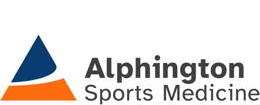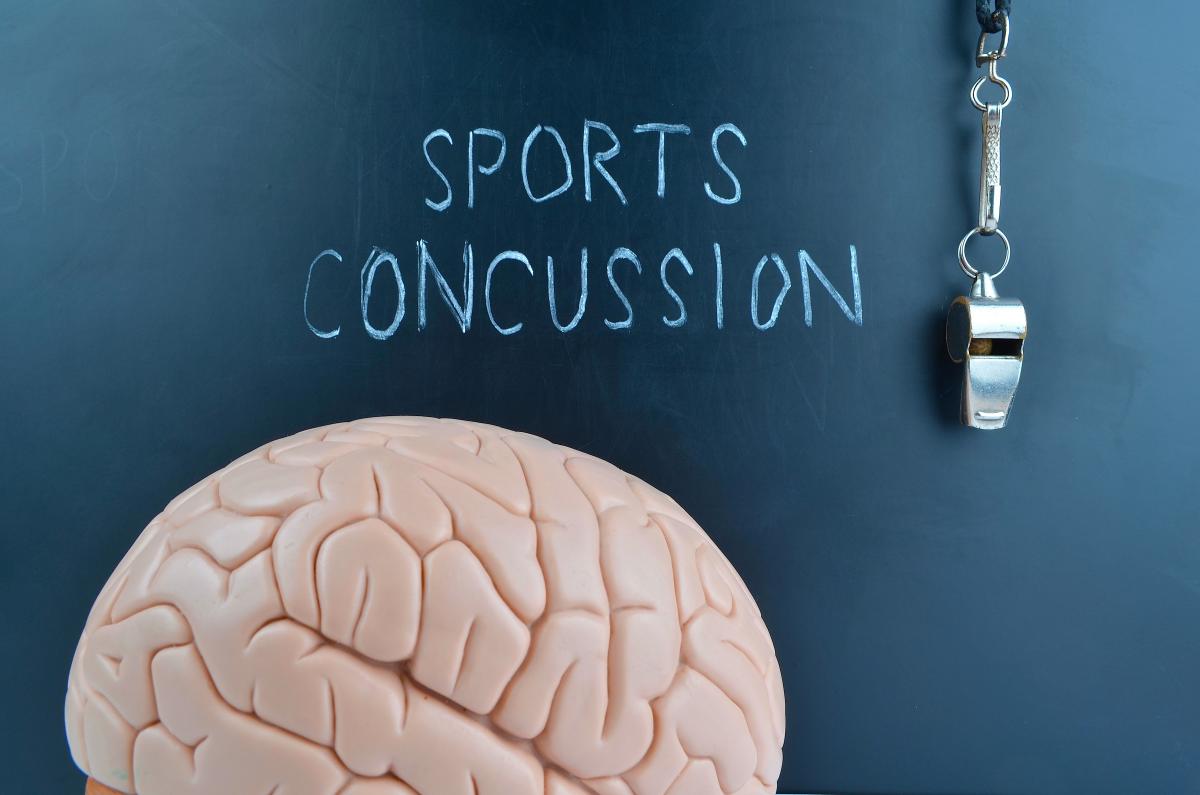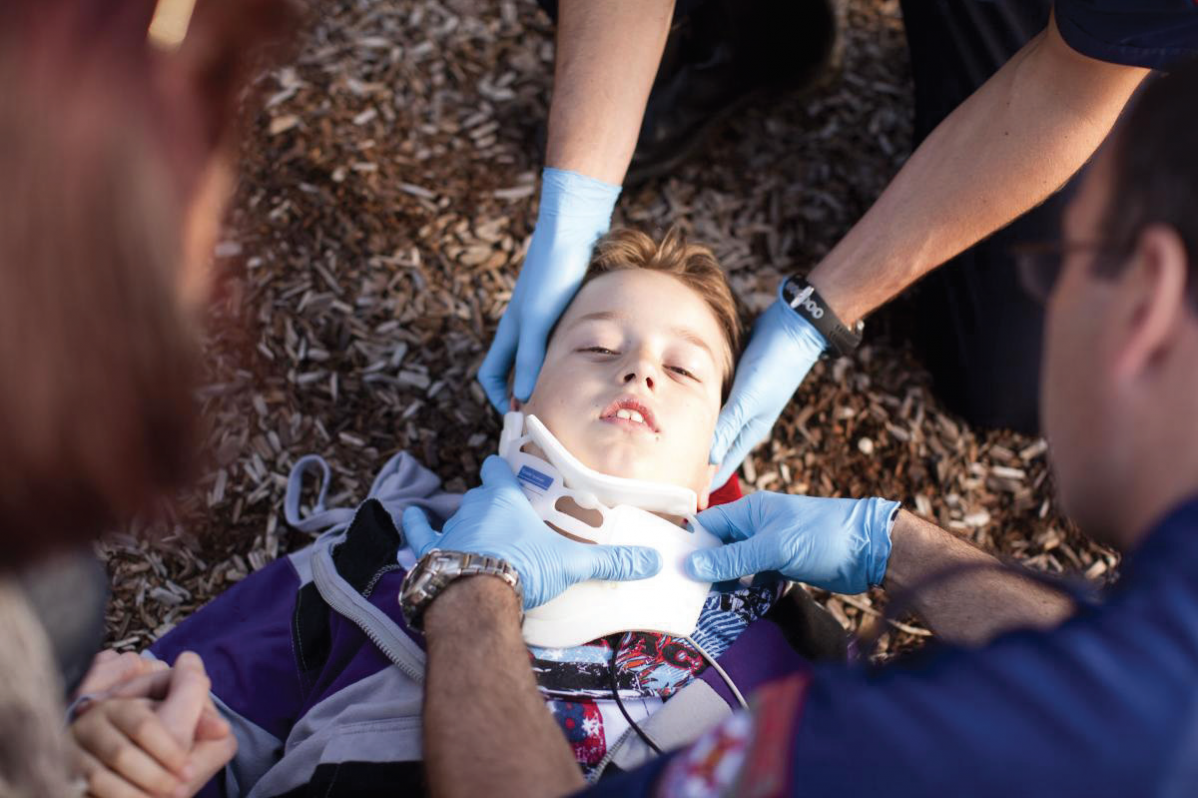Concussion
Concussion in sport has received a lot of attention in the media in recent times. Notable current and past players have spoken about their experience with this problem, fuelled in part by media attention and more recently the settled lawsuit in the NFL (American Football League).
In the past concussion was seen as something that happened to contact sports athletes and was passed off as one of those things that were of little consequence, hence return to play on the same day etc. The condition was defined as a transient and reversible disruption of brain function.
The reality is that in the vast majority of cases, this is still true. However, for some this may not be the case. It is recognised that in some cases there may be structural brain trauma.
The issue of long term harm despite the media hype remains unresolved scientifically and the cases of brain damage observed at autopsy related to sport similarly remain unproven because so many other factors can give rise to structural brain damage e.g. anabolic steroids and growth hormone giving rise to cardiovascular disease, as well as potentially illicit drug and alcohol abuse (which was very prevalent in players from that cohort). Prospective studies are now in train and it will be some time as data is gathered before we have a definite answer on this.
As with all areas of medicine, knowledge over time improves and paradigms of management change sometimes in the opposite direction.
This is what has happened in this area of medicine. Improvement in knowledge from dedicated high quality research along with new technologies such as functional MRI and computer based neuropsychological have lead researchers and clinicians to reappraise their practice.
As a result the Sport Consensus Concussion Study group have released and revised over time guidelines on the best practice of concussion management.
To their credit the AFL have adopted these guidelines hence the change in practice of AFL Club doctors and playing rules to change player behaviour around head high contact and other rules such as the concussion time out to ensure players are properly assessed.
What are the issues/information that have led to this?
It is now recognised that full brain recovery lags well behind symptom resolution: that is, the person feels better before the brain actually gets better. Hence we have ‘the no return to play the same day policy’, once a diagnosis of concussion has been made.
The player requires total physical and cognitive rest as part of their recovery.
Children are different and recover more slowly.
There is overlap on the scale of concussion with mild brain trauma.
What is the best practice around managing concussion?
The player requires close monitoring of their well being as they return to normal activity via a graduated program of training and match play.
The assessment, diagnosis of concussion, management of the condition and return to play is a medical process and must involve a doctor, preferably with experience in managing sports concussion.
This can seem a daunting process for clubs, coaches and parents to manage, however with some education and planning and a structured process it can be well managed. The key thing is that the condition is recognised as having occurred or even possibly having occurred with the player withdrawn from play and appropriate follow up organised.
Alphington Sports Medicine can assist your club in this process both at the education level as well as seeing players for assessment who may have had or been diagnosed with concussion to ensure optimal recovery and a safe return to play. Please contact us to discuss this if you would like further assistance in this area.
There are many benefits to be gained from assessment, not the least is to have the incident well documented for the future i.e. recurrent episodes, work certification or special consideration for school, exams etc. This involves a full history, examination and brain function assessment (SCAT 5, and potentially formal neuropsychological testing).
The Clinic has Specialist Sport and Exercise Physicians, and Registrars undertaking specialist training, with experience in managing sports related head injury.
Here are some links to sites that provide further information and back ground:
-
Australian Institute of Sport (AIS) - Concussion and Brain Health Position Statement 2024
-
Australian Institute of Sport (AIS) - Australian Concussion Guidelines for Youth and Community Sport
- Australian Sports Commission (Sport Australia): Concussion in Sport Australia Position Statement
- British Journal of Sports Medicine: Consensus statement on concussion in sport
- Sports Medicine Australia – Resources & Advice: Concussion
- AFL: Concussion Management Resources
- Connectivity Traumatic Brain Injury Australia
- AFL: Parents urged to take extra care with kids' concussion
- The Age: Many children play sport after concussion
Please note, none of the information supplied on these pages replaces proper medical assessment and consultation. The information is provided as a guide only. You should consult your doctor before beginning any regimen or activity.




